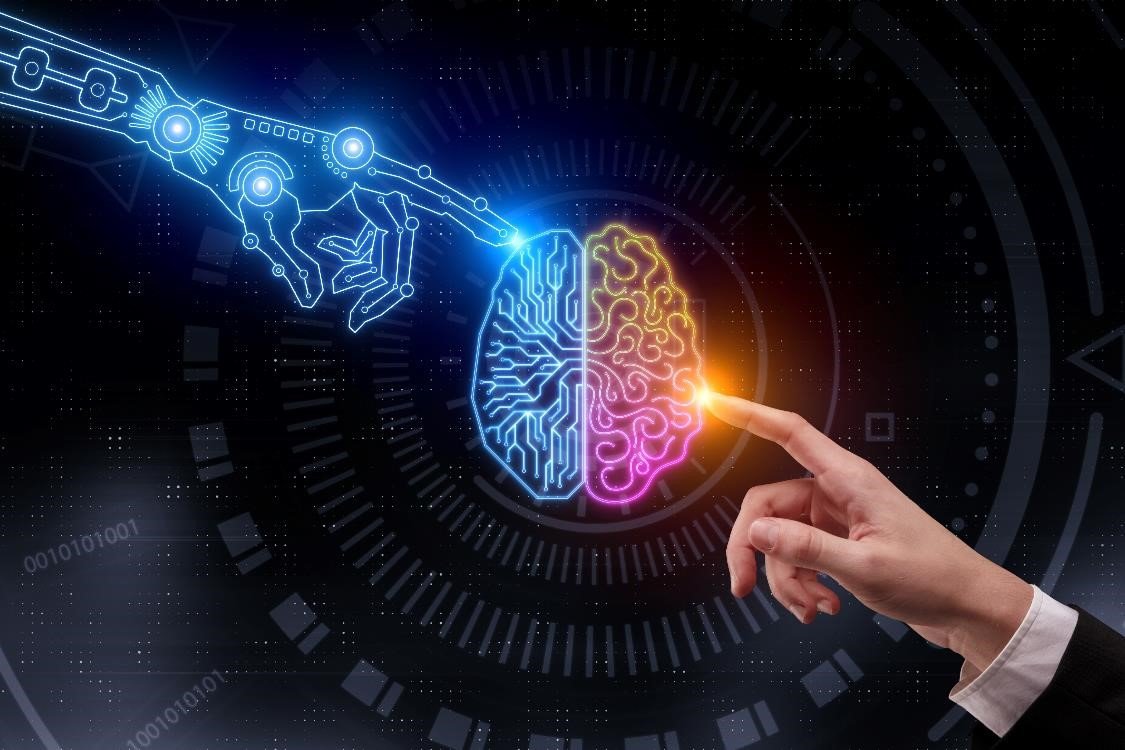
Whether AI is safe to use depends on various factors, including how it's designed, implemented, and utilized. Here are some considerations:
- Purpose: AI systems can be designed for various purposes, ranging from mundane tasks like recommending products to critical tasks like medical diagnostics or autonomous driving. The level of safety required will vary accordingly.
- Quality of Data: AI systems learn from data, so the quality and diversity of the data they are trained on significantly impact their performance and safety. Biased or incomplete data can lead to biased or inaccurate AI systems.
- Transparency: The transparency of AI systems is crucial for understanding their decision-making processes. Black-box algorithms may be harder to trust or debug compared to transparent ones.
- Robustness: AI systems should be robust to variations and uncertainties in input data. They should perform reliably even in scenarios they weren't explicitly trained for.
- Ethical Considerations: AI systems should adhere to ethical principles, respecting privacy, fairness, and human values. Developers should consider the potential societal impact of their AI systems.
- Regulation and Oversight: Governments and organizations may implement regulations and standards to ensure the safety and reliability of AI systems. Compliance with these regulations can enhance safety.
- Cybersecurity: AI systems, like any software, are vulnerable to cybersecurity threats such as hacking and data breaches. Proper security measures should be implemented to mitigate these risks.
- Human Oversight: Even with advanced AI systems, human oversight is essential, especially in critical applications. Humans can intervene when AI systems make mistakes or encounter unfamiliar situations.
Overall, while AI has the potential to bring numerous benefits, ensuring its safety requires careful consideration of these factors and the implementation of appropriate safeguards.